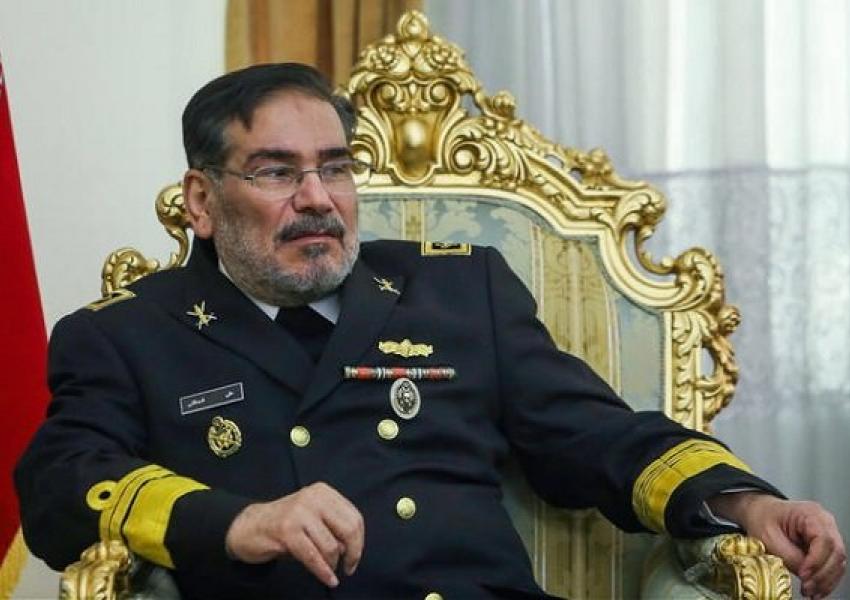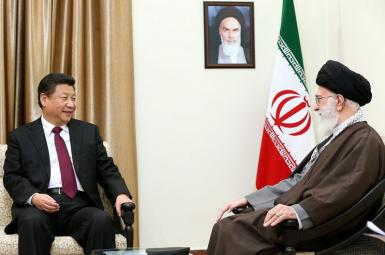
Biden Right To Worry Over Iran’s China Pact, Says Tehran’s Top Security Official
Ali Shamkhani, Secretary of Iran's National Security Council, said Monday [March 29] that United States President Joe Biden's concern about the 25-year Sino-Iranian partnership agreement signed in Tehran on Saturday was "well-founded."
"I've been worrying about it for a year," a video circulating on social media shows Biden saying in response to a question about the deal before boarding Air Force One in Delaware on Sunday evening. The president offered no explanation of his concern.
The agreement − which both sides have called a "roadmap" − was signed on Saturday in Tehran by Foreign Minister Mohammad Javad Zarif and Chinese Foreign Minister Wang Yi. Details have not been disclosed.
A fact sheet published by the Iranian Foreign Ministry on Sunday cited the threat of US sanctions, can be slapped on any entity dealing with Iran, as a reason for discretion. The fact sheet also reassured the Iranian public, contrary to rumors, that it did not bestow "management, administration or exploitation rights" of any region of the country or "mutual or unilateral [trade] monopoly" to China.
Shamkhani tweeted on Monday that the Sino-Iranian strategic partnership roadmap reflected Iranian resistance, US decline as a global power, and the Western powers’ failure to honor past agreements: "The world isn't just the West and the West doesn't just [consist of] the law-breaking United States and covenant-breaking Britain, France and Germany. Biden's concern is well-founded: the flourishing of strategic cooperation in the East will accelerate the decline of the United States."
Iran in 2015 signed a nuclear agreement with world powers that the US left in 2018, while the three European signatories failed to develop alternative mechanisms for compensation Iran for the damage of US sanctions. European energy majors, including Total and Royal Dutch Shell, withdrew from contracts in Iran in fear of punitive action by Washington.
China’s place among Iran's top trade partners was encouraged by US sanctions blocking European businesses. Rouhollah Latifi, spokesman of the Iranian Customs, on Sunday said despite a considerable drop in the trade volume between the two countries, China was still Iran's top trade partner, both export and import, in the past Iranian calendar year (ended March 20). The new pact, however, is not an economic treaty only and according to Iranian official will strengthen relations between the two US-sanctioned countries in all areas, including security.
China has adopted a more hostile rhetoric toward the US after the exchange of insults during the first direct high-level talks between the US Secretary of State Anthony Blinken and national security adviser Jake Sullivan and Chinese Foreign Minister Wang Yi and State Councilor Yang Jiechi in Anchorage, Alaska last week.
Signing the partnership pact with oil-rich, regionally influential Iran at this time and the Chinese Foreign Minister Wang Yi's tour of several Middle Eastern countries signify Beijing's derive to deepen alliances and gain a firmer foothold in the region and its markets. China is the largest foreign investor in the Middle East and its biggest oil customer. Its Belt and Road Initiative (BRI), which Chinese officials link to the agreement with Iran and which some analysts estimate covers 65 percent of world population and 40 percent of global GDP, promotes commercial, energy, transportation, 5G, and infrastructure projects across 70 countries.









